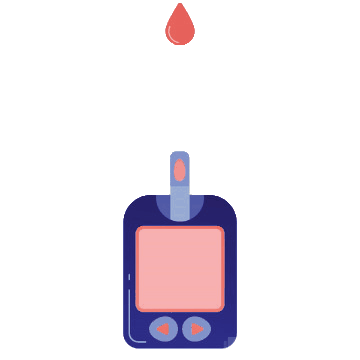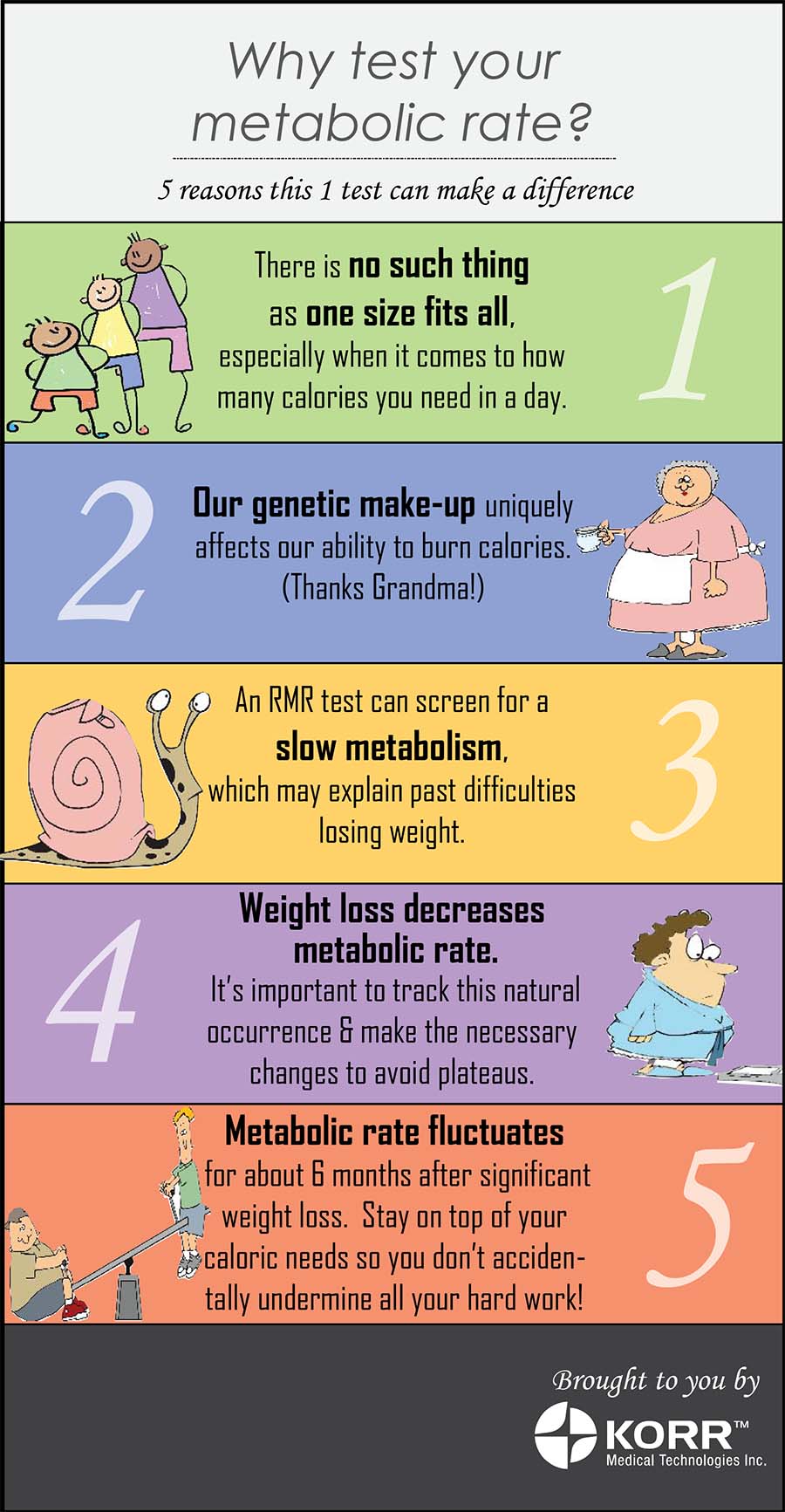Metabolic Testing
- Home
- Non Surgical Medical Weight Loss
- Metabolic Testing
Metabolism is the conversion of food (calories) into energy that is utilized by your body. Metabolic testing determines the rate at which your body burns calories. We are one of the few offices that utilizes calorimetry to actually measure your “Calories Burned.” We are all different from one another, and so are metabolic rates. We have seen a full range of metabolic rates, from 900 calories to 4500 calories burned daily. By measuring your oxygen consumption over a 10-15 minute period, this non-invasive machine allows us to properly design a diet program that will keep your intake less than your calories burned, resulting in weight loss.
The efficiency of your body’s metabolism depends on factors such as your:
- Age
- Gender
- Body weight
- Body composition
- Hormone levels

Things to Avoid Before Metabolic Testing:
- Eating 4 hours prior to the test.
- Exercising.
- Stimulants such as caffeine.
- Alcohol consumption 24 hours before the test.
- Smoking or using nicotine products on the day of the test.
- Over-the-counter medications that can affect heart rate or metabolism (consult with your doctor).
- Stress or lack of sleep, as it can influence metabolic rate.
- Wearing restrictive clothing; opt for comfortable attire.
You will be asked to sit or recline in a comfortable position and simply breathe into a mouth piece for about 10 minutes. Your oxygen consumption will be measured which is directly related to your metabolic rate. You can close your eyes and relax during the procedure. At the end of the procedure your metabolic efficiency will be established.
Based on your unique metabolic profile, your doctor will be able to design an individualized exercise program that will help you to reach and maintain your ideal weight. Additionally, it may help you to decide which surgical operation is best for you.
Covered by insurance in most cases, but cash options are available.
Looking For Metabolic Testing in Dallas/Ft. Worth
Thinking about Metabolic Testing? DFW Bariatrics and General Surgery stands as a leader in offering this insightful procedure. Schedule a consultation to evaluate your needs and understand why countless individuals rely on this trusted diagnostic tool.
Uncover your body's secrets with precise metabolic testing.
Contact us




